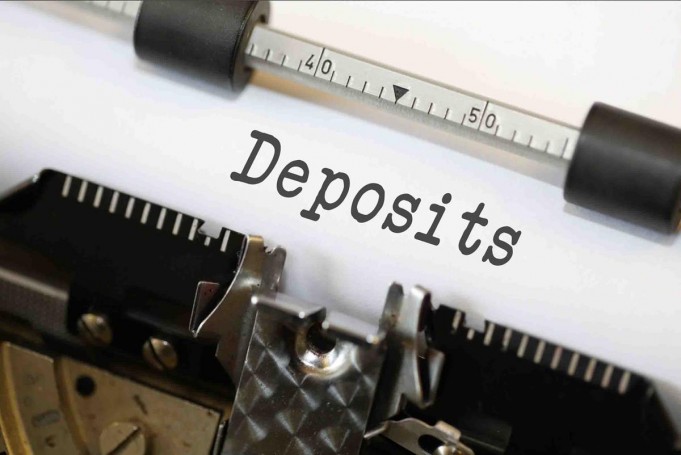What are Certificates of Deposits?
It is common knowledge that banks always issue CDs, aka certificates of deposits, for a set amount of funds and a set amount of time. Credit unions do the same, however, they call them share certificates. Some tend to have requirements such as minimum opening deposit but others, which are generally the best ones, don’t.
Term Length in Certificates of Deposits
Banks tend to pay interest on the amount of money you deposited regularly which is typically monthly until the Certificates of Deposits(CD’s) happens to mature. That time, wherein it matures, is known as the term length. It is anywhere from six months to five years in total. You might also be able to find some which are very short such as only four weeks, but the longer the term length happens to be, the higher the interest rate is.
Penalty Fee for Early Withdrawal
Also, you need to remember that the earlier you withdraw the funds from the CD, the less you will earn in terms of interest. In addition, you will also have to end up paying a penalty fee for early withdrawal. This, in most banks, happens to be an interest worthy of a specified number of months.
Let’s assume that an individual has a two-year CD. Now, if he or she decides to cash it after only seven months, then they will forfeit six months’ worth of interest because of early withdrawal. This will leave them with very little in terms of a return. Apart from this, the penalty fee is also almost unavoidable. This stands to be true even if the amount is withdrawn is only a small amount. This is because many banks tend to stipulate that partial withdrawals will not be allowed.
Now, while there may exist some exceptions to this rule, either way, you must familiarize yourself with the withdrawal conditions of your CD. Also, remember that these penalty fees are not always the same across the board. So, make sure you always reach out to your bank or credit union to know more about the details.
How to Avoid the Early Withdrawal Fees
When it comes to avoiding the early withdrawal fees linked with CDs, there are some measures you can take. First, never open a CD unless you know that you will be able to afford to hold the funds for the full term length.
Second, to avoid the penalty fees, you can use the CD laddering. This can be of great help to you. For example, instead of putting $5,000 in a five-year CD all at once, you can put $1,000 each into a single five-year CD. This will allow you to have the opportunity to reinvest your earnings once the shortest certificate matures. Alternatively, you can also move the funds back into your checking account as well.
Conclusion
Certificates of Deposits laddering can provide a great deal of time cushion between the maturity dates. It also gives an individual more access to his or her savings almost immediately in case of an emergency. This brings us to the end of our discussion on Certificates of Deposit early withdrawal penalties. Now, let us know some of your thoughts on the topic.









